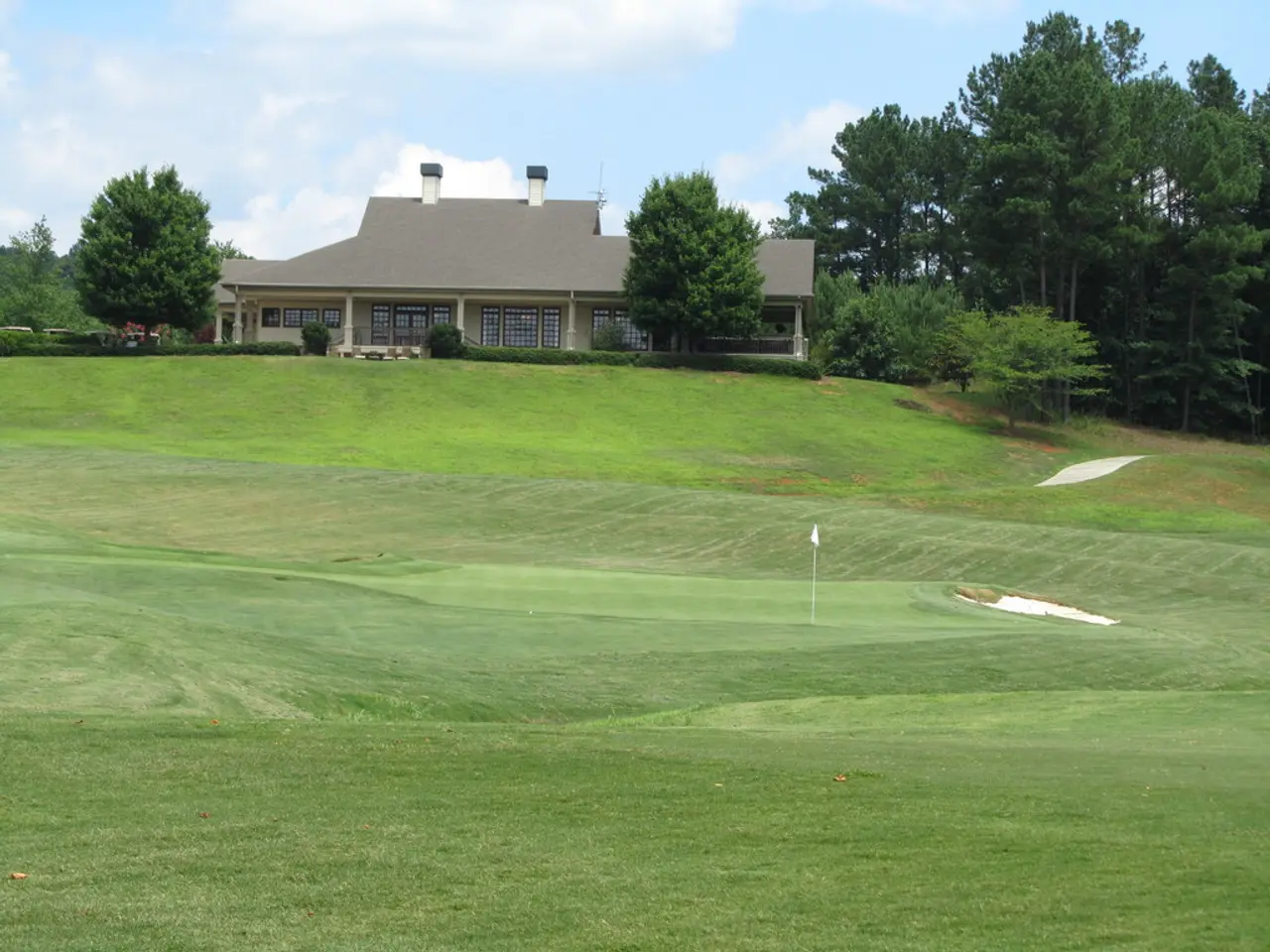Ottawa's court appeal against the Kanata golf course decision has been denied by Canada's highest court
In a recent turn of events, the Supreme Court of Canada has dismissed the City of Ottawa's appeal regarding a housing development on the Kanata Golf and Country Club. This decision comes after the Ontario Court of Appeal ruled in January that a 1981 agreement between the former City of Kanata and Campeau Corporation, which states 40% of the area must be kept as open space, should be considered void.
The Kanata Golf Club land, cherished as green space in the Kanata Lakes and Beaverbrook neighbourhoods, has been the centre of a long-standing dispute. The fight over its future dates back to 2018 when ClubLink, the course's owner, announced plans to build approximately 1,500 homes on the property.
Mayor Mark Sutcliffe expressed disappointment with the Supreme Court's decision, stating that the project does not meet the standard for responsible development in Ottawa. Barbara Ramsay, chair of the Kanata Greenspace Protection Coalition, found it "truly mind-blogging" that the Supreme Court won't hear the city's appeal. The coalition plans to continue pursuing every avenue to stop ClubLink, Minto, and Richcraft from building on the Kanata Lakes property.
In 2020, the planning committee rejected ClubLink's proposal to build the housing development in Kanata. The city has indicated to ClubLink that it is not prepared to alter any existing easements to permit the redevelopment to take place. The city will work with the National Capital Commission to ensure they support the city's decision.
The Kanata Greenspace Protection Coalition considers the green space on the golf club land as vital for stormwater management in the community. Without it, the existing community could be at risk of severe flooding as storms intensify. Approval from the National Capital Commission would be required for the stormwater outlet.
ClubLink acquired the Kanata Golf and Country Club property in 1997. Staff advised councillors to reject the plan, stating that the zoning bylaw amendment for Campeau Drive is not consistent with multiple Official Plan policies.
The city has also filed an application with the city to build homes with a minimum of 25% green space on the property. However, the city's position is that it will not grant any of the easements necessary for the site's development. The Ontario Court of Appeal's ruling in January has further complicated the matter.
The city won a court challenge in the Ontario Superior Court in 2021, but the Ontario Court of Appeal reversed the decision, and the Supreme Court of Canada dismissed the city's application to appeal. No reasons were provided by the Supreme Court as to why they denied leave to appeal.
The city will continue to work with the National Capital Commission to ensure the protection of the Kanata Lakes and Beaverbrook neighbourhoods' green spaces. The future of the Kanata Golf and Country Club remains uncertain, but the community's determination to preserve its cherished green spaces is unwavering.
Read also:
- United States tariffs pose a threat to India, necessitating the recruitment of adept negotiators or strategists, similar to those who had influenced Trump's decisions.
- Weekly happenings in the German Federal Parliament (Bundestag)
- Southwest region's most popular posts, accompanied by an inquiry:
- Discussion between Putin and Trump in Alaska could potentially overshadow Ukraine's concerns





